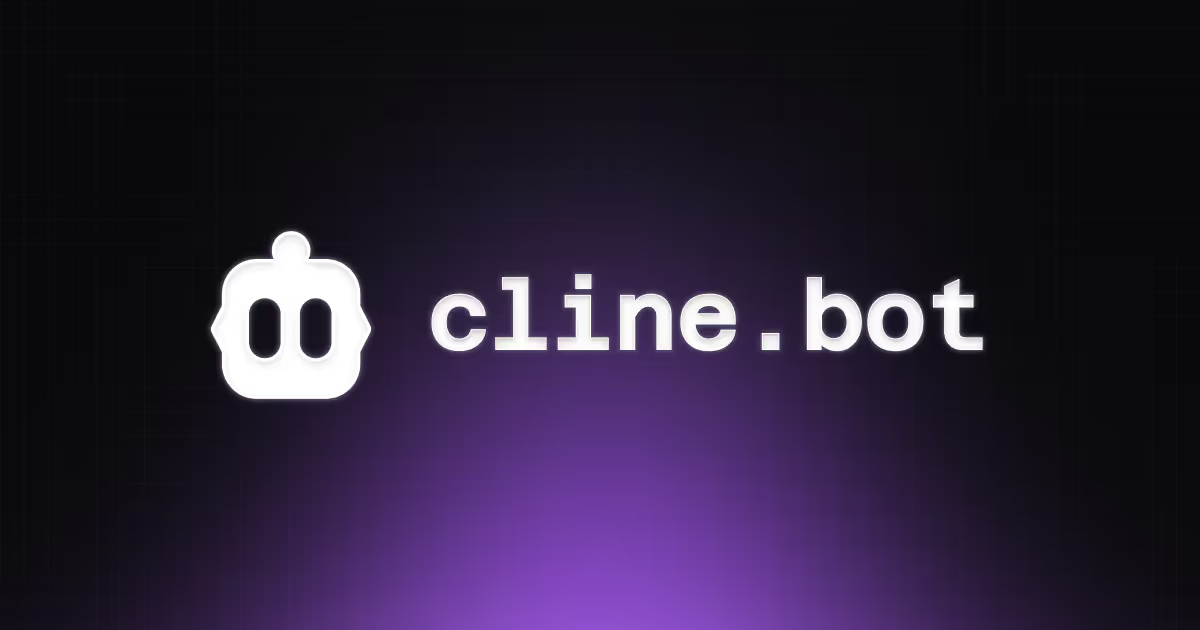
At Cline, we envision a future where software development is liberated from the constraints of vendor lock-in and opaque AI systems. Our mission is to empower developers with direct, transparent access to cutting-edge AI models that operate securely on their own devices, fostering creativity and innovation without compromise.
We are pioneering an open-source, client-side AI coding agent that champions data sovereignty and security, enabling teams and enterprises to harness AI assistance while maintaining full control over their code and workflows. By advancing model-agnostic, highly adaptable tools, we are building a development ecosystem that respects trust and transparency.
Through continuous innovation in automation, task management, and intelligent planning, we are crafting the future of AI-assisted coding—one that puts developers at the center, enabling them to build complex, quality software with clarity and confidence.
Our Review
We've been keeping a close eye on Cline since it launched, and honestly, it's refreshing to see an AI coding assistant that doesn't treat your code like their property. While most competitors are building black boxes that phone home with your data, Cline runs entirely on your machine using your own API keys.
The fact that they've already pulled in $32 million in funding while staying completely open-source tells you something. Developers are clearly hungry for transparency in their AI tools.
What Makes It Different
Cline's "zero trust" approach is its secret weapon. Your code never leaves your machine, which is huge for enterprises dealing with sensitive IP or compliance requirements. We've seen too many companies get burned by sudden policy changes from AI providers—Cline sidesteps that entirely.
The model-agnostic design is clever too. Want to use Claude for complex reasoning but switch to a cheaper model for simple tasks? No problem. It's like having a universal adapter for AI models.
The Features That Actually Matter
Beyond the privacy angle, Cline's "Deep Planning" feature caught our attention. Instead of just generating code snippets, it actually investigates your codebase and asks clarifying questions before diving in. This feels more like working with a thoughtful colleague than a code-completion tool.
The browser automation capabilities are surprisingly useful too. Being able to launch a browser, interact with your app, and debug visual issues all from within your IDE saves countless alt-tab cycles.
Who Should Consider It
If you're at a company with strict security requirements, Cline is probably your best bet. The open-source nature means your security team can actually audit what's happening under the hood.
Solo developers and startups will appreciate the pay-as-you-go model—you're only paying the AI provider's rates, not a markup. For teams managing large, complex codebases, the ability to understand and refactor across entire projects is genuinely valuable.
With 48,000+ GitHub stars and adoption ranging from startups to Fortune 500 companies, Cline has clearly struck a nerve. It's not just another AI coding tool—it's a bet on a more open, secure future for AI-assisted development.
Feature
Client-side AI coding agent integrating with IDEs and command line
Supports multiple programming languages and AI models
Focus Chain task management system
Auto Compact for conversation summarization
Deep Planning for complex feature implementation
Model Context Protocol (MCP) for custom tool integration
.clinerules for project-specific coding standards
Change Tracking with file timeline
Browser Automation for end-to-end testing and debugging








